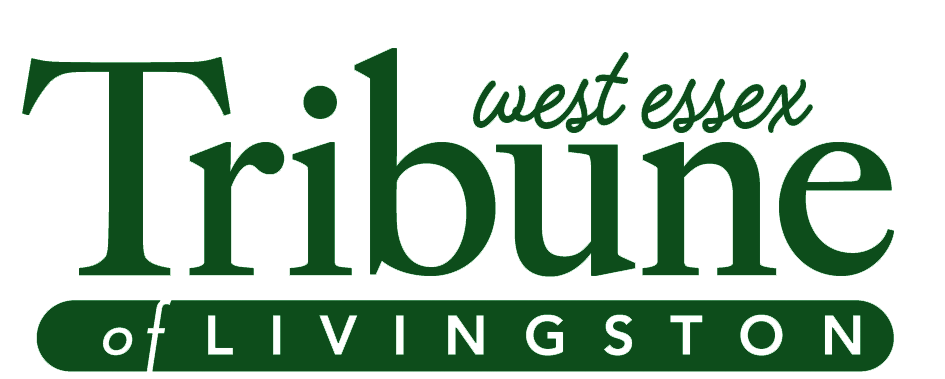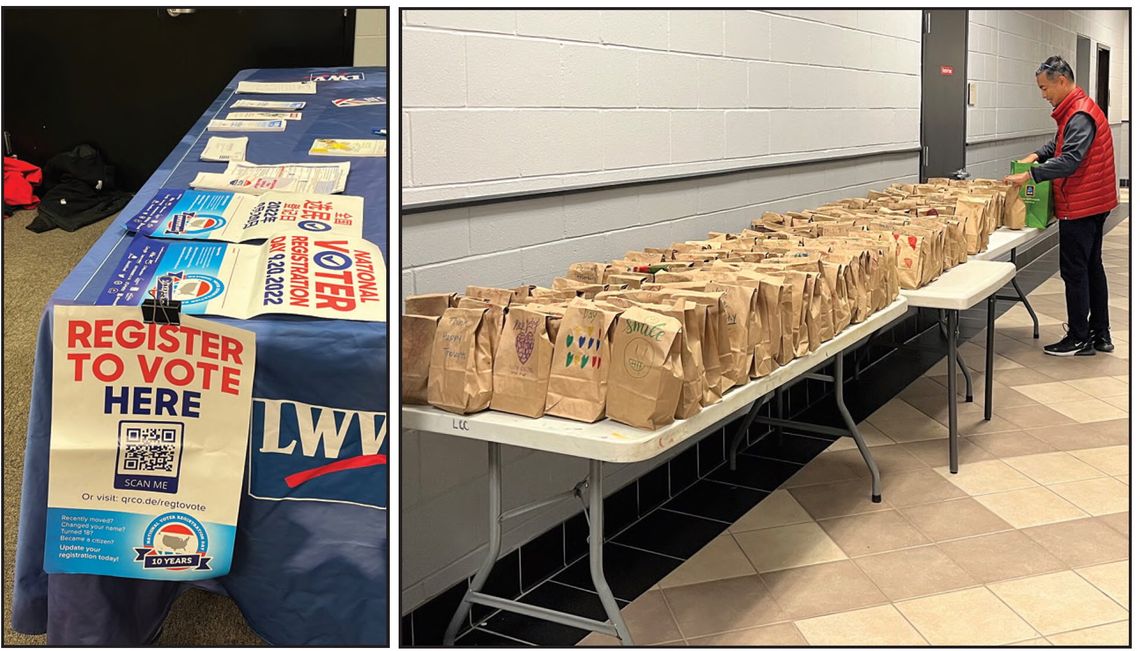Martin Luther King Jr. Day is the only federal holiday designated as a National Day of Service, encouraging all Americans to volunteer in their communities. As it always does, Livingston was among many towns throughout New Jersey that joined with local organizations to honor Dr. King’s social justice teachings and give back.
For example, Paterson’s Black Lives Matter collaborated with surrounding groups to set up clothing and food donation drives. In Essex County, Newark organized a “We Won’t Go Back” march, commemorating King on his birthday, January 15. Other New Jersey towns, such as Bloomfield and West Windsor, paid tribute to Dr. King’s civil rights contributions through food drives, greeting card workshops and community cleanups and meals, similar to Livingston’s day of services.
Livingston’s Committee for Diversity and Inclusion (LCDI) coordinated a number of events with the town’s volunteer groups on Monday, January 16, at the Senior/ Community Center. Religious leaders, town officials and Livingston families showed up for one another, participating in hands-on proj ects and learning about the immediate needs of their neighbors.
“I think it’s great when it’s the holidays or it’s required that we think about people not having certain things,” Simone Anthony-Brown, artist and member of LCDI, said. “But I think it needs to be ongoing and happen throughout the year.”
Organizations such as the National Charity League (NCL) and the Kiwanis Club have an open line of communication with some of Essex County’s most underfunded neighborhoods in Newark and the Oranges.
Specifically working with Newark’s public school systems, NCL spent Monday collecting book donations for students of all ages and reading levels. The group amassed over seven boxes and bags of books and the Kiwanis Club sent comfort and hygiene kits to different cities throughout Essex County.
“Food and homelessness is a huge issue in Essex County,” Bridget Nevola, president of the Kiwanis Club, said. “It’s really important that we take care of one another, be that through Livingston Philanthropies or through Livingston Neighbors Helping Neighbors which also provides for those in need.”
Nearly 129,000 people in Essex County are living in poverty within a median household income of roughly $68,000 according to the 2021 Census Bureau. When looking more closely at major eastern Essex cities such as Newark and East Orange, the median income lowers while the percentage of impoverished population rises.
Dr. King had broadened his desegregation work and focused on his national anti-poverty 1968 Poor People’s Campaign tour, which included a visit to Newark. While there, his efforts involved attempts to close racial economic gaps among the disenfranchised.
Livingston, a predominantly white and affluent township (according to the latest Census data, Livingston is 61.4 percent with a median household income of $176,991), is tucked between West and East Orange, and is a 20 minute car ride from Newark. The suburb is home to a number of volunteer organizations, some of which spent Monday advocating for ways Livingston residents can redistribute their resources.
“It starts at the very basic level of just communicating, getting to know your neighbor,” Brown said. She spent the day reading “Let Children March” to children and engaging them in an art project. “I always offer myself to come out in relation to the studio to do these sorts of things, not only just for Martin Luther King, Jr. Day… to get people to understand that there’s life outside of Livingston.”
For many, Monday’s event was an opportunity to listen to each other’s needs.Around of Livingston residents across all ages and minority groups delivered short speeches, some demanding action from the community. Livingston High School freshman Spencer Ellenbogen spoke on in-town reports of anti-Semitism, resounding a repeated message from the day: check in on your neighbors.
“If you think anti-Semitism is not happening in your community, you are wrong,” Ellenbogen said before explaining that hate among all oppressed communities is prevalent. “Many kids may seem like they don’t want to talk, but many of them do. We want to get into the deep conversations, share our feelings and talk about the dark side of what’s going on and not just keep pretending that it’s normal.”
Residents Joshua Kass and Alisa Zonis valued the gathering of the day, bringing Livingston’s most vulnerable groups to a space to speak and an audience to speak to.
“Just take a look at the conversations that are happening here on the floor,” Brown said. “This may not necessarily happen if we weren’t all in this one place.”



